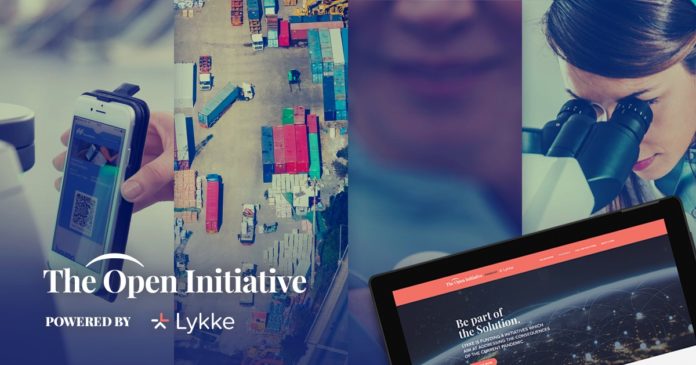The Open Initiative, this is how the platform is named, allows teams and individuals to create proposals and compete for funding in the form of a prize. There will be four prizes, each worth 50000 CHF.
For many of us, the quarantine has been an eye-opening experience. Some have understood the value of having a private house instead of an apartment, others have started valuing such simple things as walking in the park or visiting their family members for whom previously they could never find free time.
But at the same time, the quarantine has really complicated our regular life: going to work, going to the supermarket, doing the paperwork, making new business and personal contacts, etc. In part, this is due to the fact that the whole system that underlies our everyday lives has been put to test which it hasn’t passed.
The toilet paper and its mysterious role in the crisis
A lot of memes on the internet are preoccupied with the role of the toilet paper in the corona crisis. And if the memes are one funnier than another, businesses have actually taken valuable input inspired by the supermarket jungles of the present day. The competition for certain products among the masked citizens put the spotlight on the inefficiencies in the supply chain management. Delivering some goods may take longer in crisis conditions, the producers may not receive the adequate information on the demand at due time, 0 km goods may not be identified for faster supply due to the lack of information, etc.
What could companies do? – Create a verifiable tracking system with a function of automatic stock maintenance, but how?
Let it be a rhetorical question for the moment and let’s get back to the reality show unwrapping out there. While people are competing for certain goods at supermarkets, SMEs and 0 km producers are having hard time competing for clients with big chains and e-commerce just because the range of products they offer is not so wide or they don’t have resources for decent internet presence.
What could governments do to channel the financial aid offered to the citizens into local businesses instead of the whales? – Impose restrictions on the usability of the financial aid benefits, but how?
Welcome fintech solutions
The above are the questions that Lykke, a Swiss-based fintech firm, believes the digitization and blockchain technology will give answers to. The Lykke team has been active in financial engineering for years, working with Big Data before the term was coined, as the company CEO, Richard Olsen, says. So, with this rationale and to solve many other problems identified by the corona crisis, Lykke is launching a new platform to empower grassroots initiative in four areas of action:
- Supply chain management;
- Smart vouchers that could help governments and businesses create highly customizable money funnels;
- Research in fintech and blockchain technology;
- Creation of a real-time Big Data information platform for decision making.
Any team or individual working to propose prompt and effective solutions are eligible to apply for Lykke Open Initiative grants. Learn more about the rules at Lykke website.





















